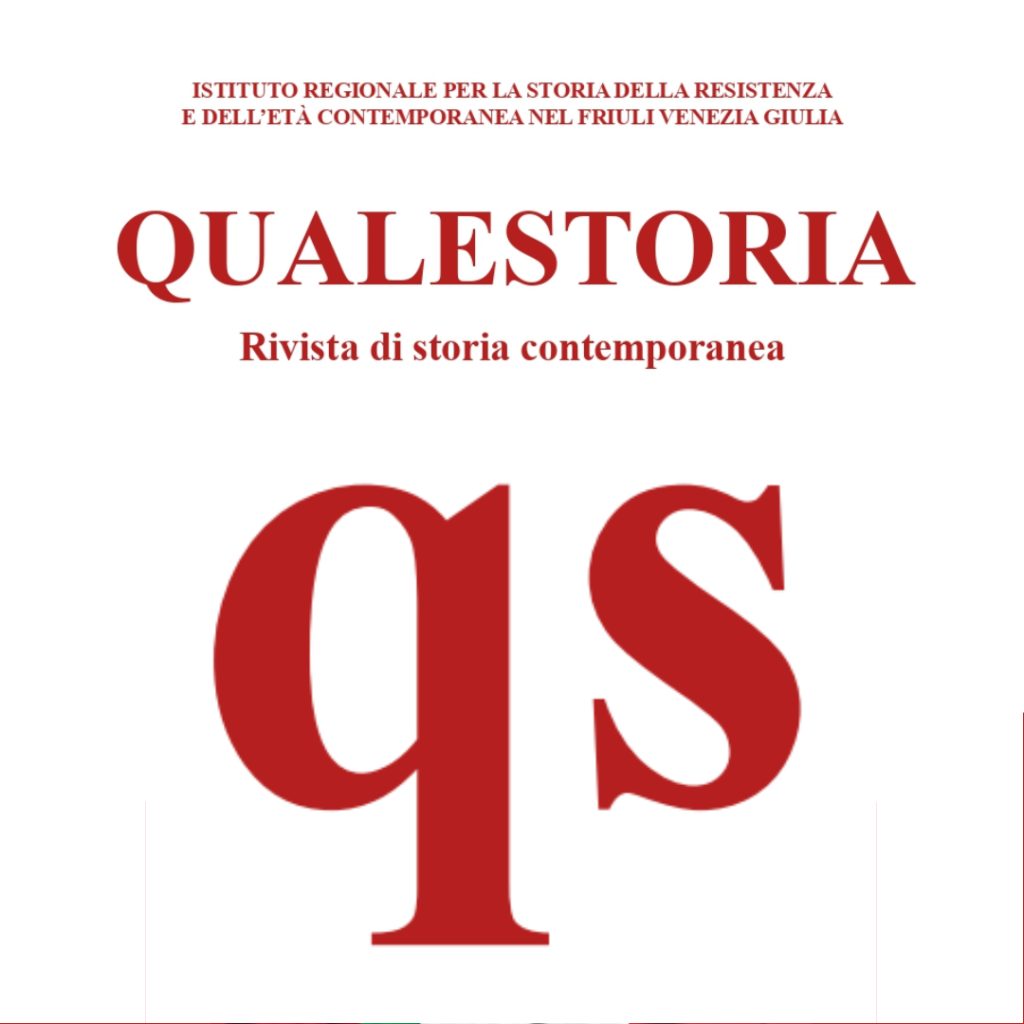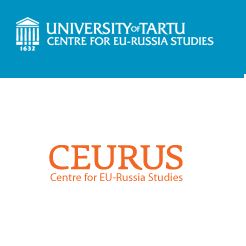Edited by Sven Eliaeson, Lyudmila Harutyunyan, and Larissa Titarenko
After the Soviet Empire
Legacies and Pathways
The break-up of the Soviet Union is a key event of the twentieth century. The 39th IIS congress in Yerevan 2009 focused on causes and consequences of this event and on shifts in the world order that followed in its wake. This volume is an effort to chart these developments in empirical and conceptual terms. It has a focus on the lands of the former Soviet Union but also explores pathways and contexts in the Second World at large.
The Soviet Union was a full scale experiment in creating an alternative modernity. The implosion of this union gave rise to new states in search of national identity. At a time when some observers heralded the end of history, there was a rediscovery of historical legacies and a search for new paths of development across the former Second World.
In some parts of this world long-repressed legacies were rediscovered. They were sometimes, as in the case of countries in East Central Europe, built around memories of parliamentary democracy and its replacement by authoritarian rule during the interwar period. Some legacies referred to efforts at establishing statehood in the wake of the First World War, others to national upheavals in the nineteenth century and earlier.
In Central Asia and many parts of the Caucasus the cultural heritage of Islam in its different varieties gave rise to new markers of identity but also to violent contestations. In South Caucasus, Georgia, Armenia and Azerbaijan have embarked upon distinctly different, but invariably contingent, paths of development. Analogously core components of the old union have gone through tumultuous, but until the last year and a half largely bloodless, transformations. The crystallization of divergent paths of development in the two largest republics of that union, i.e. Russia and Ukraine, has ushered in divergent national imaginations but also in series of bloody confrontations.
Sven Eliaeson is Senior Research Fellow at the Uppsala Centre for Russian and Eurasian Studies, Uppsala University. He is a recurrent Visiting Professor at the Centre for Social Studies of the the Graduate School for Social Research (GSSR), Institute of Philosophy and Sociology, Polish Academy of Sciences, Warsaw. He has written widely in the fields of intellectual history, social theory and Max Weber-studies, including the monograph Max Weber’s Methodologies (Cambridge: Polity Press, 2002). He has also edited several volumes on Eastern Europe.
Lyudmila Harutyunyan is Professor of Sociology at Yerevan State University. She has written extensively on social rights and social protection. She has been a member of the European Committee of Social Rights and a consultant to UNDP, UNHCR and UNESCO. She is the author of more than 100 scholarly publications most of which deal with developments in the former Soviet Union. She has played an important role as a public intellectual in Armenia and Russia. In 1989 she was elected to the Congress of People’s Deputies of the USSR.
Larissa G. Titarenko is Professor of Sociology at the Belarusian State University, Minsk. She has published more than 300 articles in eight languages as well as eight monographs and several edited volumes. Her research interests include transformations of post-communist societies, studies of value orientations and the sociology of culture, youth and gender. Among her most recent publication is Dynamics of Value-norm Systems and Life Chances: Experiences of Post-soviet transformations in the Borderland (Vilnius: European Humanitarian University Press, 2014 (in Russian, co-author)).













